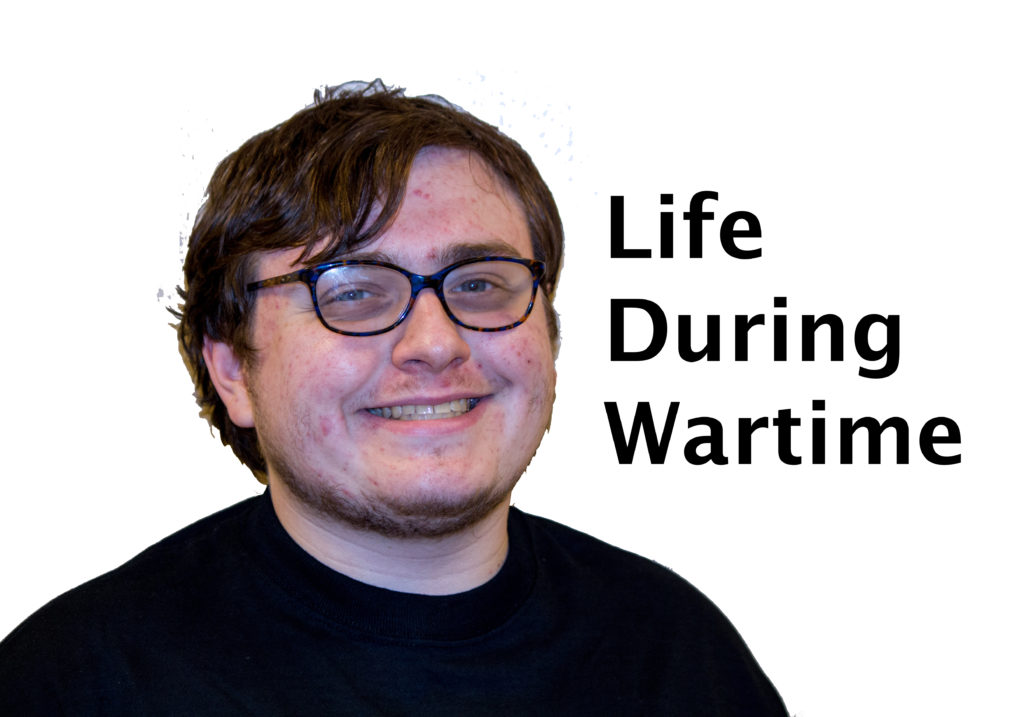In this election year I find myself increasingly attracted to the work of German philosopher Hannah Arendt to explain the troubles of the contemporary world. For her, being a political being necessitates critical thinking, lest we find ourselves blindly accepting dark and violent ideologies. She wrote her work against the backdrop of Germany in the 1930s, where the non-thinking embrace of anti-Semitic and racist principles ensured the dominance of fascism because no one was willing to dedicate the mental effort into stop it. Even in the United States, where the political situation is much more stable than that of Weimar Germany, I fear that we are headed down a similar path – that very few people are willing to put in the mental effort to combat the ills of our society.
Racism, sexism, homophobia and other such pathologies are institutionalized in official sources of state and corporate power, and for all of the good work of social movements and politically engaged activists, the average citizen is often unwilling to face the evils of the world head-on. In a recent Pew Research poll, 30% of the American electorate had either no opinion of or simply had never heard of Black Lives Matter. Regardless of one’s stance on BLM, the fact that so many Americans have no opinion on the group in spite of its efforts is deeply troubling. The horrors of racism in our society are largely unchecked because very few outside of a handful of politically engaged activists are willing to put in the groundwork to challenging structures of oppression. But why are so many people unwilling to be engaged, even when faced with great moral evils? The answer to this question lies in our deep-seated, inherent fear of being political.
Traditional dinner table etiquette requires that guests avoid discussing “unpleasant” topics while eating their meals. Complex and controversial topics like sex, religion, age, medical problems and money must be avoided – if only to keep conversations on the blithe side. Perhaps the biggest conversational no-no, especially in an election year, is politics. The election season has undoubtedly created awkward silences, loud arguments with racist uncles and pleas for a change of subject at family reunions nationwide.
In our paralyzing obsession with being polite, we are doing ourselves a civic disservice. While I admit that political discourse can certainly be unpleasant and messy (just look at the presidential debates), talking about politics is an important part of effective citizenship. If we are to be devoted citizens, we must be brave enough to expose our views to the often astringent world of public discourse. It is the crucible in which policies and opinions are tested, and bad ideas are separated from the larger landscape.
Discourse is key to education, and being civically engaged enough to participate in informed discussion of politics is the keystone for a functioning democracy. But current American politics is the product of poorly-informed partisanship, where debates focus less on the “what” of a particular policy and more on the “who” of the person advocating for it. This personalized politics has bred a concerning consensus in our political structures – that so long as a partisan authority says it, it must be true. People being unwilling to critically think about what Donald Trump is saying, so long as he is saying it, has propelled him to his current place in American politics.
Ultimately, it is our unwillingness to be political beings that has caused society to collectively shoot itself in the foot. The dominant rhetoric surrounding political discourse itself has prevented meaningful citizenship in denying people the agency to make choices, while cloaking itself in the shroud of “just being polite.” Saying that we should all just get along, that politics is just a matter of “different strokes,” that someone is automatically entitled to an opinion, or, worst of all, that politics is “boring”, should be offensive concepts to anyone with a stake in this world. These views excuse people from the very basis of effective civic membership in the first place – that you are politically informed and engaged.
So let me make things clear. At the end of the day, you are not entitled to an opinion. What you are entitled to is a well-formed opinion, one chiseled from rational criticism. And rational criticism can be cultivated only through constant political engagement. I implore you – for the sake of a functioning society, be brave and make your voice heard.




















































